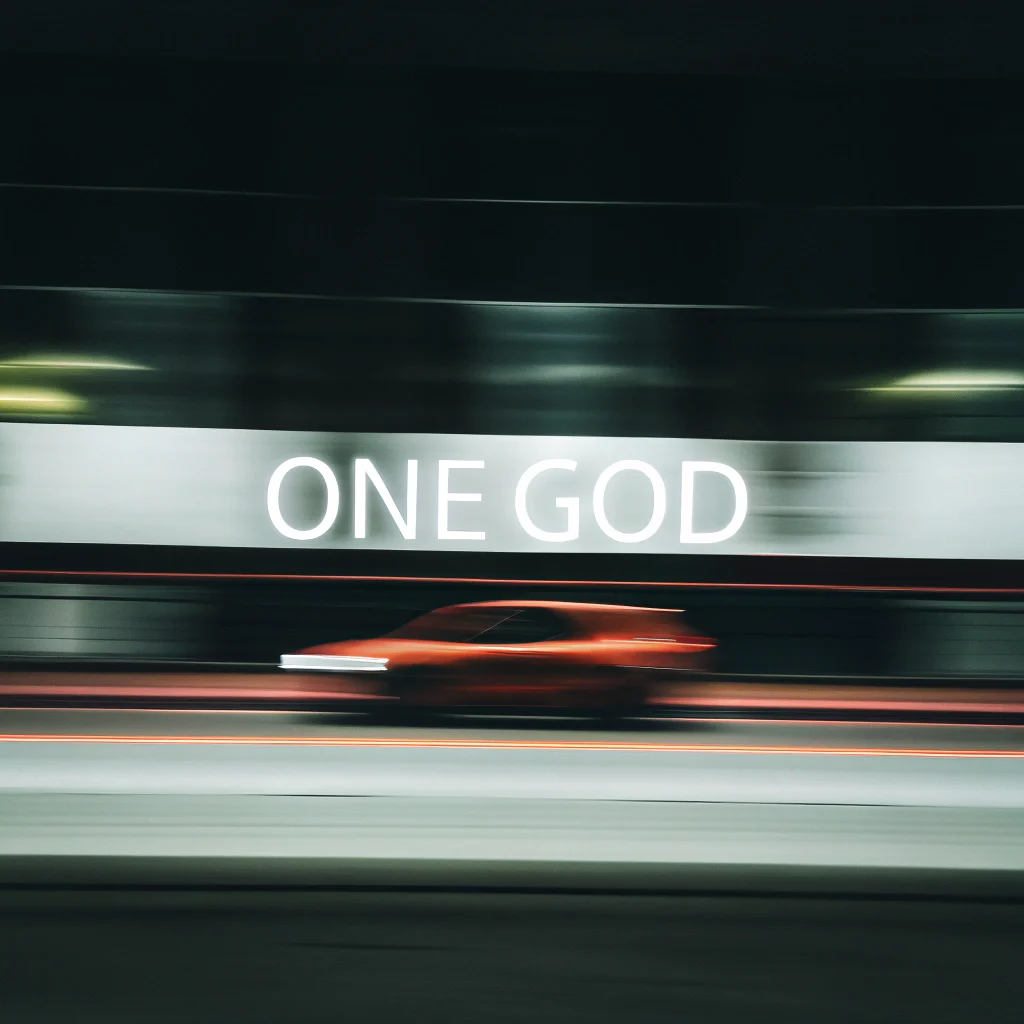Divine Unity: The Foundation of All Commandments
The concept of One God is at the heart of all spiritual traditions that have shaped human civilization. In the infinite ocean of ancient wisdom, there are pearls that shine through the centuries with their simplicity and depth. One such treasure is the concept of Divine Unity, which is not just an abstract philosophy but the foundation of the entire system of creation.
Two Commandments Encompassing the Entire World
Have you ever wondered why, of all the commandments, only “I am the Lord your God” and “You shall have no other gods before me” were given directly to the entire nation? These two declarations establish the principle of One God at the very foundation of spiritual practice. While the rest of the commandments were transmitted through an intermediary, these core truths came directly from the source.
The reason is both simple and incredibly profound: these two commandments are the root of the entire Torah. The first encompasses all 248 positive commandments, while the second includes all 365 prohibitive commandments. They are like two mighty trunks from which the entire tree of spiritual life branches out.
What Does True Unity Mean?
To understand the depth of this idea, one must realize what belief in One God truly signifies. The concept of One God goes far beyond simple monotheism—it’s the understanding that He was, is, and will be the only true reality.
“You are the same before the creation of the world, You are the same after creation…”
This phrase from the morning prayer reveals an amazing truth: the creation of the world changed absolutely nothing in the essence of the Creator. How is this possible? After all, huge galaxies, stars, planets, and living beings appeared—isn’t this a change?
The World as a Word Spoken by One God
Imagine that you are speaking a word. What is this word in relation to yourself? Just a fleeting expression of your thought, which does not change your essence in any way.
All of creation—from the highest spiritual worlds to our material world—is like a word spoken by One God. And just as your word is nothing compared to your soul, so the entire created world is nothing compared to the infinity of the Creator who remains One throughout all manifestations.
The Anatomy of Human Speech
To better understand this idea, let’s consider how our words are born:
- In the depths of the soul, there are powers of intellect and emotions (called HaBaD—wisdom, understanding, knowledge, and emotional qualities).
- Then comes the desire to express a thought or feeling.
- Thought is formed using “spiritual letters”—not yet pronounced, but already formed in the mind.
- And finally—the physical word that we pronounce.
Which is more real: the word itself or the soul that generated it? Of course, the soul! The word is just a temporary shell, a fleeting expression of a person’s inner world.
From Human to One God: The Great Metaphor
Similarly, our entire world is an expression of One God’s will, His “word.” And just as a person’s spoken word has no independent existence separate from the speaker, so the world does not exist separately from constant Divine creation.
The key difference: when a person creates an object, that object can exist even after the creator has moved away from it. But the world is not like that—it needs a constant flow of Divine energy from One God, the “breath of His mouth,” otherwise it will instantly return to non-existence.
Why Is This So Important?
Understanding the truth of One God is not just a philosophical exercise. It is the foundation of our relationship with all of creation:
- There is nothing but Him—everything that exists is merely an expression of One God’s will
- The world is not separate from the Creator—just as a word is not separate from the speaker
- Any “I” is an illusion—all existence is a manifestation of the one true “I”
From Theory to Practice
When we truly realize this unity, our entire perception of reality changes. We begin to see the Divine presence in everything—from majestic mountains to the smallest atoms, from joyful moments to difficult trials.
Each commandment—whether positive or prohibitive—becomes not just a rule, but a way of connecting with the only true reality. That’s why the first two commandments include all others—awareness of the Creator’s Unity automatically leads to the right attitude toward all aspects of being.
Conclusion
The reality of One God is not an abstract concept, but a living truth that can be felt in every moment of our lives. When we look at the world through this prism, we see not chaos of chance, but a beautiful expression of a single Divine will, in which each of us plays our unique role in relation to the One God who encompasses all.
This article is based on the twentieth chapter of the book “Likutei Amarim — Tanya” by Rabbi Shneur Zalman of Liadi, one of the greatest Hasidic thinkers.
Afterword: This text has not been approved by any sage, Torah scholar, or rabbi and is merely a simplified adaptation of the sacred text for general understanding. For comprehension of true wisdom and a deeper understanding of the original text, you should refer to the sources.



